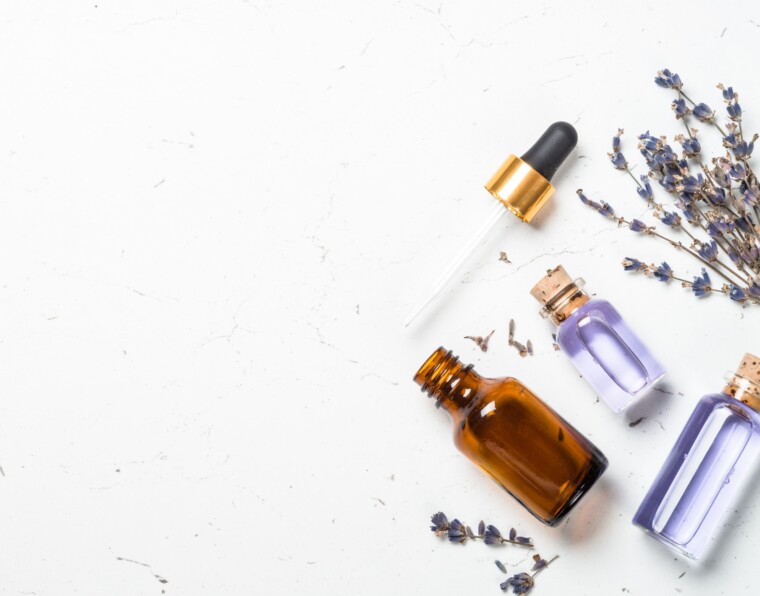You may be aware of vitamin C serum‘s potent anti-aging properties, but did you realize improper storage might reduce its efficacy? A deeper look at how to prevent vitamin c serum from oxidizing and vitamin c storing tips are presented here.
WHAT EXTERNAL FACTORS AFFECT VITAMIN C?
Ascorbic acid, or vitamin C, is famously perishable. It degrades rapidly when exposed to light because of how delicate it is. Some vitamin c serum storing care must be taken with it so that your vitamin c serum stays fresh and effective.
VITAMIN C CHANGES, BUT WHY?
Ascorbic acid is easily oxidized, making it susceptible to decay and other changes. When a material is exposed to oxygen, a chemical reaction takes place called oxidation. Like cutting open an apple and letting the air and light in. Apples will turn brown if left out in the sun for too long. Whenever this happens, vitamin C oxidizes into a substance called dehydroascorbic acid (DHAA), which not only causes a change in color but also destroys the vitamin’s therapeutic properties.
No matter how well an acid is stabilized, oxidation is a normal chemical process that will occur over time.
HOW DO YOU KNOW IF YOUR VITAMIN C IS EXPIRED?
As the oil and cream in the vitamin C formula separate, the flavor and texture can frequently change when it is past its expiration date. Depending on the kind, vitamin C skincare products typically have a shelf life of three to six months. To prevent expiration if you don’t intend to use it frequently, you might want to select a lower dosage. The shelf life of vitamin C without being opened ranges from one year to eighteen months.
Vitamin C Serum Storing Tips
1.Keep your serum fresh
- Each time you use it, firmly close the lid. When using vitamin C, make sure the lid is properly closed. You should also attempt to keep the container from being open for too long since air breaks down vitamin C.
- Your vitamin C serum should be kept in the fridge. Because vitamin C oxidizes, or degrades, when exposed to air, it has a very limited shelf life. Vitamin C serum is best kept in your refrigerator since doing so will aid to postpone oxidation longer than keeping it at room temperature.
If keeping your serum in the fridge is not an option, store it in a cold, dark area of your bedroom or another room. - Storing Vitamin C serum in the bathroom is not recommended. Your vitamin C serum will degrade much more rapidly in your bathroom due to the variable heat and humidity levels there than in other spaces.
Consider having a portable mirror next to the location where you keep your vitamin C serum so you may use it there.
Find a way to remember yourself to put your vitamin C serum back once you’re done if you apply it in the toilet. For instance, holding the bottle while applying the serum could be preferable than setting it on the counter. - To make your Vitamin C serum storing longer, transfer it into more discreet, smaller containers. Invest in or recycle smaller opaque glass bottles to store your vitamin C serum rather than a big one. Divide the serum among these containers.
This will help your serum survive longer by essentially preventing half of it from being exposed to oxygen. - Once your serum becomes yellow or brown, throw it away. The color of vitamin C serum will vary as it oxidizes. Your serum has gotten oxidized and is no longer functional if it becomes yellow, red, or brown.
Generally speaking, this occurs after 3 months at ambient temperature or 5 months under refrigerated for most formulae, but brand-specific timing varies.
2. Choose a stable serum
- Selecting a water-based serum is not recommended because it will degrade more quickly. As soon as vitamin C comes into contact with water, it begins to deteriorate. Preservatives can be added to the formula to slow down this process, but careful balancing is still required, and the formula will still have a shorter shelf life than a formula without water.
Serums made with ascorbic acid (AA), tetrahexyldecyl ascorbate (THDA), magnesium ascorbyl phosphate (MAP), or sodium ascorbyl phosphate are what you should look for.
Options can be found online here and here. - Select vitamin C in less potent, more stable forms. L-ascorbic acid is the most popular kind of vitamin C used in cosmetics. Sadly, this is also one of the vitamin’s least stable forms. Other formulations could have a lower potency but better shelf life.
Look for formulations that include tetrahexyldecyl ascorbate, magnesium ascorbyl phosphate, and ascorbyl glucoside. - Choose a serum that is contained in an opaque, airtight tube or bottle. Your serum will degrade more quickly the more light and air it is exposed to. A vitamin C serum that you buy in a clear container or tube that is not sealed will probably lose its effectiveness before you get a chance to utilize it all.
If clear bottles are all you can find, put your fresh serum to an opaque container once you get home. - To avoid wasting any vitamin C serum, buy small bottles. Consider getting smaller bottles to prevent squandering significant quantities of serum. To avoid spending a lot of money on a product that will expire before you use it all, you may also see if you can discover sample amounts of a serum you wish to test.
Only purchase the amount of vitamin C serum you believe you will use before it expires since it goes bad after a few months.




